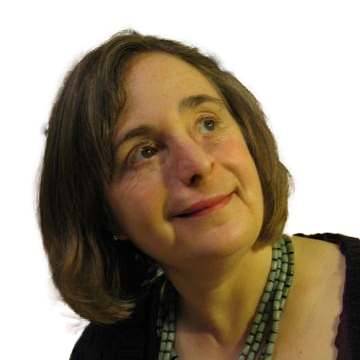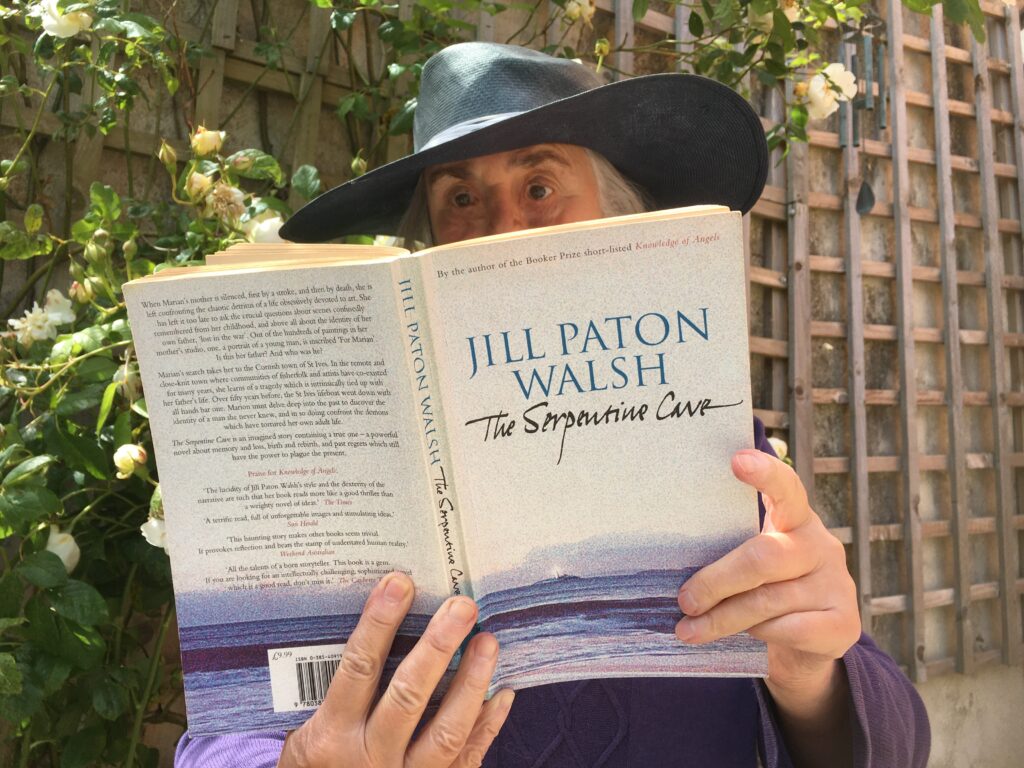The quest for truth is central to Jill Paton Walshʼs 1997 novel, The Serpentine Cave. It is explored in different ways, on different levels. Honesty in business dealings… The gradual realisation that a person is not what they seem… That moment when a secret that has deeply affected someoneʼs life is revealed… Being honest with yourself and others about your real priorities… All these intertwine in a tale centred on St Ives—a location evoked with an intensity that makes it a major character in its own right.
Sometimes a place calls to a person and draws them there, and becomes the place where something essential happens.
Marianʼs mother, Stella, was an artist who had lived in St Ives through WW2 and been part of the artistic community there. Then suddenly, she moved away. It seemed to Marian, growing up, that Stella put art before everything, including herself. This was what it had felt like for her, through a childhood in which her mother always seemed to be questing for a place to paint. There’s a poignant scene in which she remembers Stella setting a canvas on an easle, and then offering her a paintbrush which she instantly declines.
Was Marian right in her assumptions about Stellaʼs priorities? Right to refuse the brush? This question of what to prioritise is replayed in Marianʼs daughter, Alice, a musician who risks her place in a string quartet because she abandons rehearsals when she feels summoned by the call of family—ironically, at the time of her artist-grandmotherʼs final illness. As Alice contemplates her choice and its consequences, we are told: “…the problem in life, she saw now, was not so much doing what you wanted as doing what you wanted MOST.”
Succeeding generations of the same family, working with the same issues.
This question of priorities. Putting art first? Putting children first? Putting something else first? Such questions have to be asked again and again. Different priorities emerge at different times and itʼs not always easy to decide between competing claims. What child would want to be the constant focus of a parentʼs attention? Or how would that be healthy if they did? Thereʼs a key exchange when Marian declares to her daughter: “But Alice thatʼs what love is like. I have put you and Toby first from the moment you were born.” And Alice returns: “Didnʼt you ever think it might be the wrong place to put children? That it might ask too much of us? That it was hard enough, finding our own reason for living, without being yours as well.”
But thereʼs a crucial distinction between putting your childʼs needs first, and making them your reason for living. In all questions of priorities, discernment is needed. And that requires looking closely, deeply; looking below the surfaces to find hidden layers of truth. This matter of making choices lies at the very heart of the soul journey. The deeper we dive, the more is asked of us. But the greater the liberation that may be reached.
The Serpentine Cave shows us Marianʼs process of looking deeply and peeling off the layers to find a truth that challenges her assumptions about her mother, and becomes a gateway she can pass through to reach a new possibility. We leave Marian in St Ives, paintbrush in hand, knowing that a new life is opening before her, one that will be a journey of seeing; of looking every more deeply, more closely, into the heart of things. We leave her with this comment: “But what she wanted to see was truth naked, like the rocks in the tide…”
The author concludes: “…It was not something that could be suddenly accomplished.”
Gillian PB, June 2024
Gillian Paschkes-Bell is an interfaith minister and small publisher, bringing out a small quantity of quality fiction through her publishing imprint, Pantolwen Press. To date she has published the first two books of the Isle Fincara Trilogy by A G Rivett and is preparing to publish Vu by Kenneth Sinclair later in the year.


